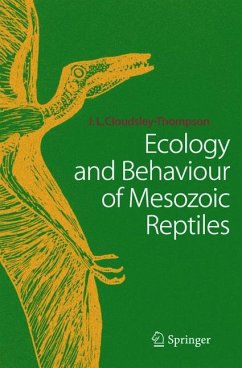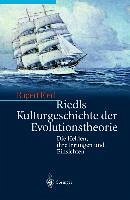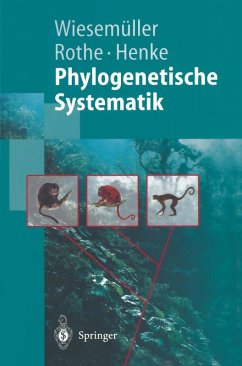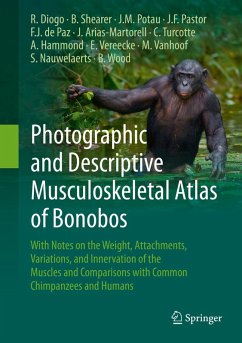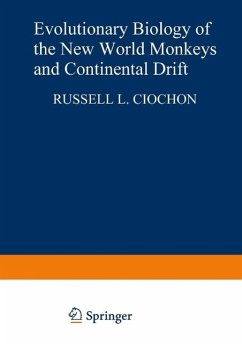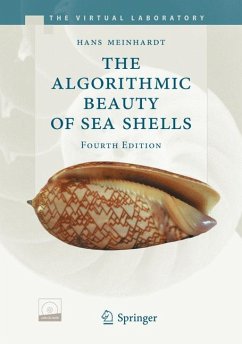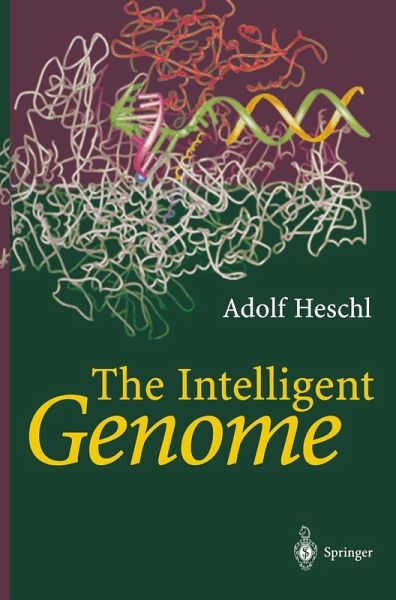
The Intelligent Genome (eBook, PDF)
On the Origin of the Human Mind by Mutation and Selection
Versandkostenfrei!
Sofort per Download lieferbar
72,95 €
inkl. MwSt.
Weitere Ausgaben:

PAYBACK Punkte
36 °P sammeln!
Do our genes determine our behavior? Do education and environment have any influence at all? Do humans occupy a unique position in evolution? To clarify these provoking questions, the author takes the reader on an ambitious and entertaining journey through a variety of scientific disciplines. In doing so, he creates an image of human evolution that says that our entire individual knowledge is determined - to the smallest detail - by phylogeny. " ... before shocked humanists discard such radical theses as mere nonsense, they should not completely close their minds to the explanations of a biolo...
Do our genes determine our behavior? Do education and environment have any influence at all? Do humans occupy a unique position in evolution? To clarify these provoking questions, the author takes the reader on an ambitious and entertaining journey through a variety of scientific disciplines. In doing so, he creates an image of human evolution that says that our entire individual knowledge is determined - to the smallest detail - by phylogeny. " ... before shocked humanists discard such radical theses as mere nonsense, they should not completely close their minds to the explanations of a biologist who says that we still know very little about the genetic determination of human behavior and that the invariance of many forms of behavior present in all cultures nourish the suspicion that the determining role of genes is probably far more comprehensive than we have ever dreamed." Wolfgang Wieser, translated from his review in "Merkur" (Sept./Oct. 1999)
Dieser Download kann aus rechtlichen Gründen nur mit Rechnungsadresse in A, B, BG, CY, CZ, D, DK, EW, E, FIN, F, GR, HR, H, IRL, I, LT, L, LR, M, NL, PL, P, R, S, SLO, SK ausgeliefert werden.




